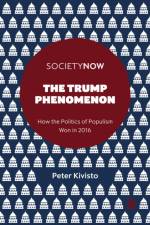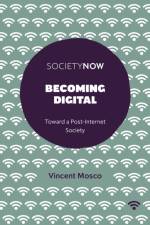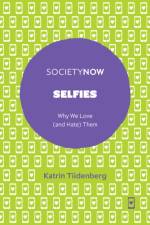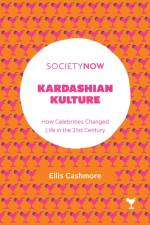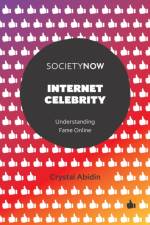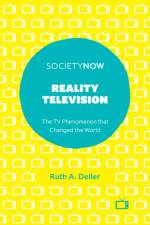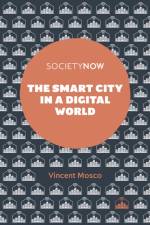av Vincent Mosco
261
What makes a city smart? The Smart City in a Digital World takes on this question by describing, challenging, and offering democratic alternatives to the view that the answer begins and ends with technology. In the wake of the 2008 global financial meltdown, corporations converged on cities around the world to sell technology, harvest valuable data, and deepen the private governance of urban life. They partnered with governments to promise what on the surface look like unalloyed benefits to city dwellers: safer streets, cleaner air, more efficient transportation, instant communication for all, and algorithms that take governance out of the hands of flawed human beings. Another story lies beneath that surface. Technology-driven smart cities deepen surveillance, shift urban governance to private companies, shrink democracy, create a hacker's paradise, and hasten the coming of catastrophic climate change. The Smart City insists that people make cities smart, that human governance still matters, and that genuinely intelligent cities start with a vibrant democracy, a commitment to public space, and to citizen control over technology. To make this happen, we need to understand the technologies, the organizations, and the mythologies that power the global smart cities movement, as well as the growing resistance to the technology-driven city. Drawing on case studies from around the world that document the redevelopment of old cities and the creation of entirely new ones, The Smart City provides an essential guide to the future of urban life in a digital world.

